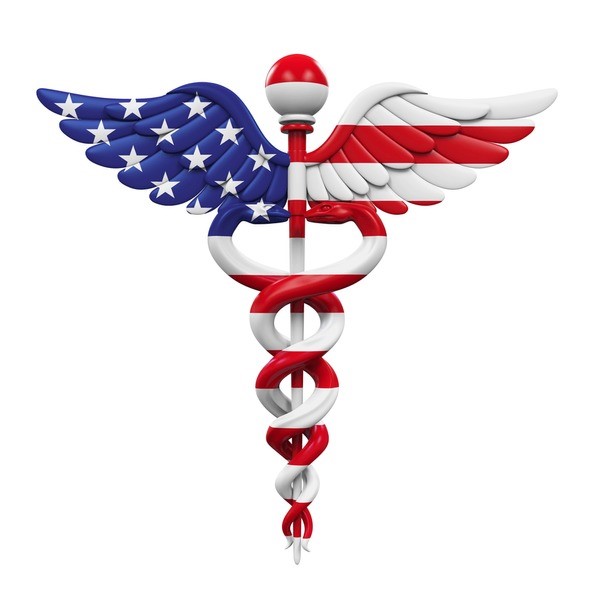“’A reform,’ wrote a 19th-century British parliamentarian, ‘is a correction of abuses. A revolution is a transfer of power. As we celebrate the American Revolution, catalyzed by men who broke ranks with their peers to overthrow a power structure that seemed immutable, let’s also celebrate those physicians who broke with their peers and declared independence for American patients.”

So begins an informative, timely essay on participatory medicine and patient engagement researched and beautifully written by Michael Millenson, whom I am blessed to call both dear friend and professional colleague.
Michael’s essay on the history of U.S. physicians supporting patients’ empowerment is featured in The Health Care Blog, and this link will take you to this must-read story. You’ll journey from physicians who operated during the British Empire era fast forwarding to World War II medical care, then onward to the most recent generation of these engaging doctors. Here’s Michael’s paragraph on this recent great generation of doctors:
None of these physician revolutionaries acted in a vacuum. While all faced resistance, they also had support from colleagues, physicians and non-physicians alike. Eventually, they were reinforced by patient activism, public opinion, legal requirements and, at a glacial pace, changes in the culture of medicine. Those changes, in turn, came about because of the work of physicians like Donald Berwick, Paul Batalden, Leana Wen, Victor Montori, Danny Sands and many others.
On this Independence Day (or after), I recommend your taking in this important piece of U.S. health history that teaches us about some of the crucial roots of shared decision making between patients and their physicians….still among the most-trusted relationships in the health care ecosystem.
That’s the best sort of connected health – bound by trust and empathy.





 Grateful to Gregg Malkary for inviting me to join his podcast
Grateful to Gregg Malkary for inviting me to join his podcast  This conversation with Lynn Hanessian, chief strategist at Edelman, rings truer in today's context than on the day we recorded it. We're
This conversation with Lynn Hanessian, chief strategist at Edelman, rings truer in today's context than on the day we recorded it. We're